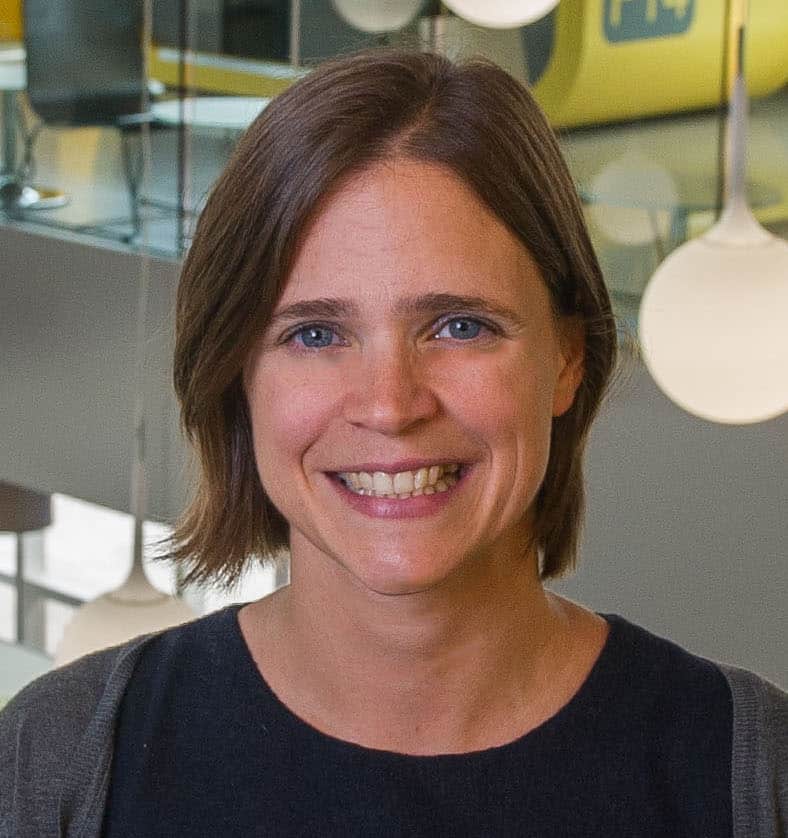
A guest blog kindly contributed by Dr Rebekah Smith McGloin, Director at the Doctoral College and Centre for Research Capability and Development, Coventry University.
Global Challenge Research broadly describes research projects that align with the UN sustainable development goals. It benefits one or more developing countries and is carried out in partnership with researchers in those countries.
This kind of research is increasing in profile in the UK and – if the new Times Higher Education University Impact Rankings published last week are any indicator of the growing importance of societal impact of universities – there is a growing significance in a number of other countries. The new rankings are the first global attempt to evidence universities’ impact on society, based on metrics based on 11 of the 17 UN sustainable development goals. Canada, Ireland and Australia are amongst the top performers.
In the UK, there has been a £1.5billion investment into the Global Challenges Research Fund (GCRF) which represents a significant slice of the government’s commitment to spend 0.7% GDP on overseas aid. In order to leverage GCRF funding and to service the laborious reporting requirements universities have been investing in a stream of dedicated posts, structures and programmes of events.
We have already seen a first wave of Global Challenge Research-inspired doctoral training centres set up in the UK and by UK universities in developing nations, including Durham University’s new Global Challenges Research Fund Centre for Doctoral Training (CDT) and the University of Kent’s Global Challenges Doctoral Centre. Kent and Durham are two examples of how universities are choosing to invest the GCRF ringfenced institutional allocation in doctoral education. These ringfenced funds come in to universities through the Quality Related investment from Research England which has seen £48m in total allocated to English universities, ranging from £379 to £4m per year, with 14 universities receiving >£1m. Meanwhile another major funding body – UKRI – is finessing its own approach to how doctoral education might be explicitly incorporated into future global challenge research funding calls.
However, global challenge research by doctoral students brings with it ethical challenges that have yet to be addressed or fully explored.
I highlight six challenges. Three for incoming PhD candidates into the UK, three for at-distance doctorates for PhD candidates in their home countries:
- Reconsider assumptions on the development needs and career contexts of a changing PhD population. Funders and Universities would be wise to consider that many researcher training and development offers have been built from the recommendations of the Sir Gareth Roberts report ‘Set for Success’. This focused on employability of UK doctoral graduates. The main aim of many researcher development programmes is therefore to deliver generic skills development to candidates from within the UK education system who are still in their early twenties with little work experience. Arguably much more needs to be done to meet the needs of a diversifying population of doctoral researchers. In particular we need to understand better how to support transition in to and out of a UK doctorate. We also need to find ways to ensure that doctoral graduates returning to nascent research ecosystems have the skills and networks to thrive in their local context.
- Promote inclusion and cohesion in our changing doctoral community.
In particular all actors in doctoral education should consider how we can address the loneliness and isolation of the international PGR. - Develop the pedagogies of intellectual equality when supervising PGRs from a variety of backgrounds and traditions. Part of this work rests with supervisors and those who deliver supervisor training and development who will need to look at how our institutions value knowledge, expertise and learning from outside of the accepted canon of North-Atlantic theories and critiques. However, Registrars, Deans/Directors of Graduate Schools and Doctoral Colleges will need to be open to reviewing admissions criteria, progression and final examination with this in mind.
- Consider the capacity of research organisations abroad. In-country PhD training might attract candidates best placed to undertake research. However this should be balanced against the local administrative burden of reporting requirements and the time and resource cost of emulating UK flagship programmes, which are not necessarily a good fit with the local context. Funding bodies should further develop their intercultural competencies by exploring how they can become more flexible and sensitive to different operating environments. Universities and policy makers will need to reconsider and reframe conceptions of quality in postgraduate research and really take time to explore how doctoral education can be decolonised.
- Assess how far equal support is realistic for remotely supervised PhDs. UK universities are obliged to provide exactly the same quality of research environment, supervision and training for the entire doctoral community. This includes at-distance programmes and also UK-based postgraduate researchers who need to spend an extensive period of time overseas for fieldwork. All actors in doctoral education need to examine if and how this can be best achieved.
- Consider how Global Challenge Research intersects with our commitment as institutions and a sector to equality, diversity and inclusion in research. Policy-makers need to fully explore the potential consequences of requiring (or incentivising) researchers at all levels to travel to countries where thoughts (and laws) on gender equality, disability and sexual orientation are very different from the UK’s. This issue is also a question for mobility more generally – particularly where projects require travel (to dangerous settings or otherwise) and what this means for who can participate.
The academic and humanitarian rationale for global challenge research related doctoral education is persuasive. This emerging area also provides new opportunities for universities seeking to grow their PGR numbers in a tough ‘market’ with scarce funding. Plus it speaks to policy on researcher mobility and research metrics on international co-authorship. However, the challenges are clear. If we are to get it right it will require further thinking, investment and innovation.
